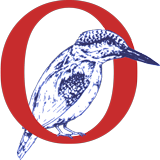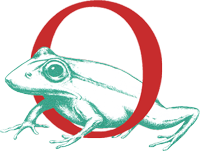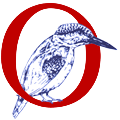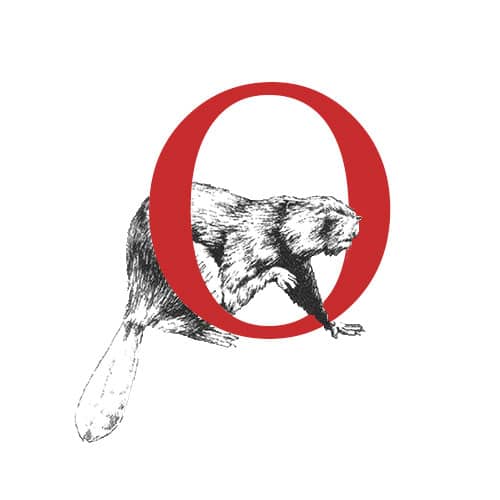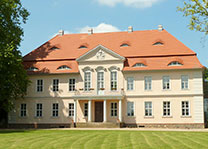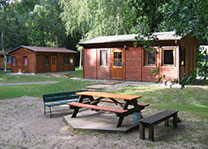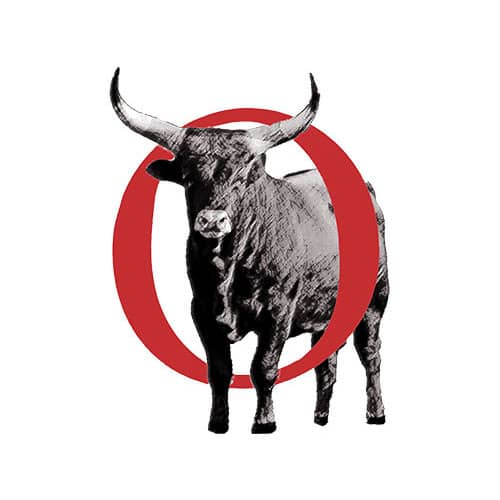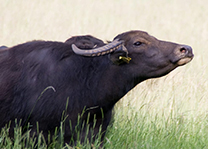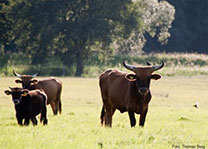Treichel drains the national park
False reports from the Lower Oder Valley National Park Administration must not be left uncommented! (07.09.2011)
“Contrary to reports to the contrary, the head of the national park administration, Dirk Treichel, pumped the Fiddichow Polder (10) empty on a large scale in the summer of 2011. Although the costly and energy-intensive pumping out of the water from the heart of the only Auennational Park in Germany began later than in previous years due to the weather, everyone could still see for themselves at the end of August at the pumping station, a few meters south of the tarry oven bridge, how water on a large scale was pumped out of the national park. The damage to a floodplain ecosystem that is dependent on a natural water level in a national park is likely to be enormous, even if most of the birds have already completed their breeding business. In every national park, however, the motto “let nature be nature” and minimize human interference applies. The national park also by no means only protects birds, but entire ecosystems from human interference.
Pumping the only national park in Brandenburg on the instructions of the responsible head of the national park administration is not only ecologically catastrophic, but also completely unnecessary from an economic point of view. As early as 2009, the National Park Association contractually agreed with practically all farmers working in the area that they agree to keep the inlet and outlet structures open all year round and accept natural water conditions. For this agreement they were held harmless elsewhere by the National Park Association. So the farmers are no longer making any claim to an artificially lowered water level. The national park administration, on the other hand, ignores this voluntary agreement and continues to drain the national park, although the drainage of the landscape is becoming an increasing problem in Brandenburg.
The National Park Association will, however, continue to exercise its guardianship at the National Park and ensure and urge that there is no fraudulent labeling in the Lower Oder Valley and that a real National Park (according to IUCN Category II) can develop in the foreseeable future. “20 years after the temporary protection of the Lower Odertals for a national park, it is finally high time.
Dr. Ansgar Vössing
Deputy CEO
